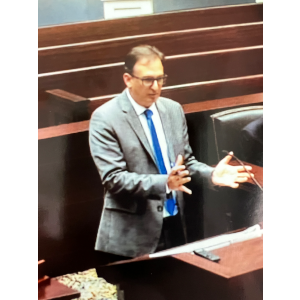Reformation of a Florida Will
732.615 Reformation to correct mistakes.—Upon application of any interested person, the court may reform the terms of a will, even if unambiguous, to conform the terms to the testator’s intent if it is proved by clear and convincing evidence that both the accomplishment of the testator’s intent and the terms of the will were affected by a mistake of fact or law, whether in expression or inducement. In determining the testator’s original intent, the court may consider evidence relevant to the testator’s intent even though the evidence contradicts an apparent plain meaning of the will.
Previously, if a will was ambiguous, a Florida court could allow a reformation since the primary intent was to ascertain the intent of the testator. The new statute allows reformation of the will, even if not ambiguous.
A recent case addressing reformation, however, points out that events that occur after the will or trust is executed might not be considered in a reformation action.
New Florida Statute section 732.615 will give support for beneficiaries who were deprived of an inheritance or part of an inheritance under a will when it is clear from the evidence that the decedent’s intent was not properly reflected in the will. If you have any questions regarding the reformation of a will in a Florida probate matter, please contact the law firm at (561) 842-4868.







